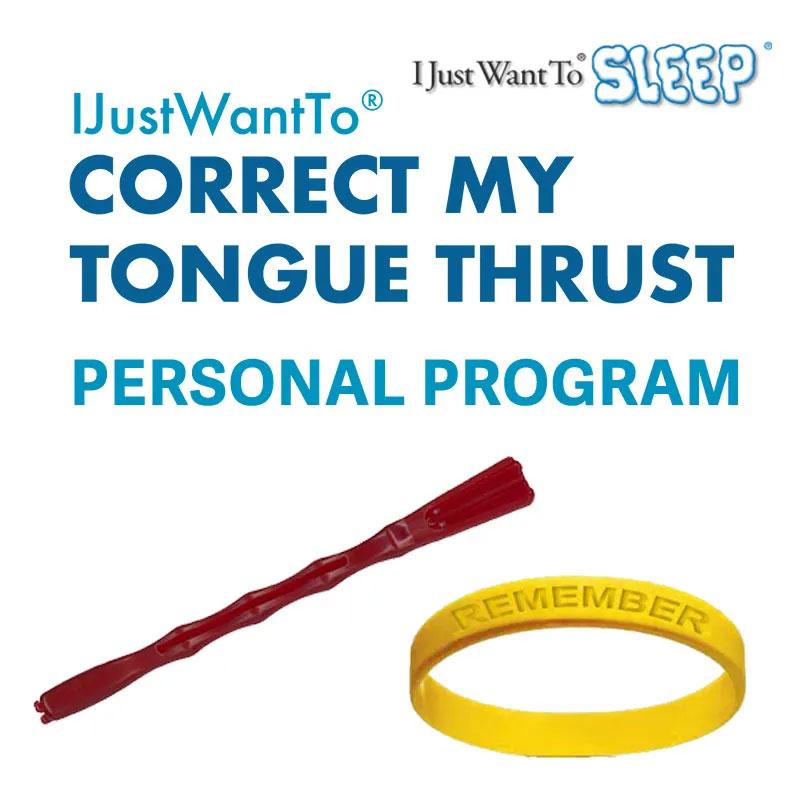One aspect of your life you might not associate with health and wellness is how you breathe. Whether you breathe primarily through your mouth or nose can affect several areas of your life. Naturally, you should be breathing through your nose unless you physically can’t breathe through your nose. However, up to 50-60% of children breathe primarily through their mouths. This can carry on into adulthood and cause a domino effect of associated issues.
Four Ways Mouth-Breathing Affects Your Life
Here are four ways mouth-breathing is affecting your life
1) Mouth-Breathing May Aggravate Allergies and Hay Fever
Allergies are the result of your body’s overreaction to foreign pathogens. Mold and pollen allergies are common throughout the country. Your body produces histamines to combat the threat it perceives from pollen and mold. When those histamines are overactive, you suffer from a runny nose, sneezing, itchy eyes, and a sore throat.
Your nose is built to block or at least slow down germs and foreign pathogens. However, if you are mouth-breathing, you are opening yourself wide for pollen and mold spores.
2) Mouth-Breathing May Lead to Snoring
Mouth-breathing is likely the leading cause of snoring. You may not even realize you snore; however, your partner and family are well aware of it. Your family might try various techniques to dampen the sound of your snoring, such as covering your face with a pillow, locking you in your own space, or wearing noise-canceling headphones, but that will not correct the source of your snoring.
3) Mouth-Breathing Can Cause Fatigue
When you breathe through your mouth while sleeping, it prevents you from being able to experience a deep sleep and this is why you probably wake up tired and wishing you could just sleep 5 more minutes. Feeling tired all the time has its own set of challenges that impact your daily life:
- Fatigue is one of the leading causes of stress.
- Fatigue-induced stress can cause high blood pressure.
- Fatigue can make it difficult to concentrate. For children, difficulty concentrating will likely cause poor performance in school. For adults, lack of concentration can threaten your job performance and impact your career.
- Fatigue and stress lead people to make poor nutrition choices.
- Fatigue impacts your motivation to exercise and your energy levels needed for physical activities.
- Fatigue can cause irritability that impacts your mood and affects your relationships.
Fatigue alone can have a negative domino effect on your health and wellness. It impacts virtually every aspect of your life. If breathing through your mouth is causing you to suffer from fatigue, you need to find a solution as soon as possible.
4) Mouth-Breathing May Be a Sign a Person Has Tongue Thrust
Breathing primarily through your mouth is among the signs of tongue thrust. Tongue thrust is a condition that describes your tongue's placement in your mouth. If it is pushing against your teeth or protruding between your teeth when you swallow, you have a tongue thrust. This can lead to a person never fully closing their mouth and ultimately breathing primarily through their mouth. In addition to mouth-breathing, tongue thrust can also contribute to a number of issues:
- Tongue thrust can lead to mouth breathing, which ultimately leads to snoring.
- Tongue thrust can cause speech issues.
- Tongue thrust can lead to dental issues such as overbite or underbite
- Tongue thrust can cause teeth to become misaligned, which can lead to grinding. One grinds because their teeth are out of alignment which may have been caused by a tongue thrust but the tongue thrust itself does not cause grinding.
- Grinding or clenching your teeth can lead to stiffness and soreness in your jaw.
If you are mouth-breathing, there is a good chance you have tongue thrust. At IJustWantTo Correct My Tongue Thrust, we have created a simple seven-week program to help you retrain your tongue to rest properly in your mouth. Correcting tongue thrust will likely improve a number of issues, including mouth-breathing. You may find that it has a positive impact on your overall health and wellness. Contact us for more information about how our program can help you or someone you love, or visit our store to find out more about our program. We have seen many people achieve success with our easy-to-follow exercises. Don’t hesitate to check out IJustWantTo Correct My Tongue Thrust today.
Testimonial
Several years ago, I started snoring, affecting both my and my husband’s quality of sleep. I would awaken in the middle of the night and in the morning with a terrible dry mouth. After reading a book that explained the health problems caused by mouth breathing, I decided to take action. For about six weeks, I taped my mouth closed at night. This proved to be bothersome, irritating to my skin, and ultimately unsustainable. Then I heard about the work Janet was doing to help people stop snoring. Within only a couple of sessions with her, she was able to identify my problems and determine a plan of action.
We met once per week for a couple of months, with the sessions lasting about 30 minutes. We would discuss my progress and/or changes, then I was given specific exercises for the week which were quick and easy, most of which could be done while I was performing my daily activities. At first, I saw few changes, but after sticking with it for a couple of months, I began to sleep more frequently with my mouth closed. Hallelujah! Now many of the exercises and mindset come naturally, so I’m confident that soon I will be snore-free, with my husband and my body thanking me! Thanks again for your help. My husband told me a few mornings ago that he’s noticed me snoring less. Hurray! – Merry Beth E., Evergreen, CO



